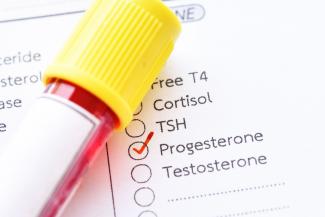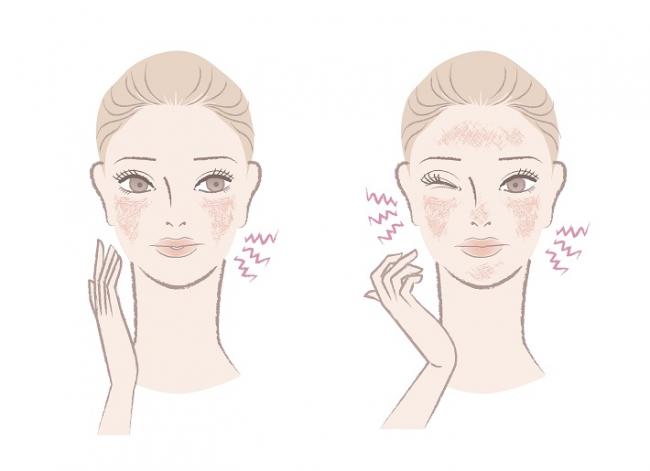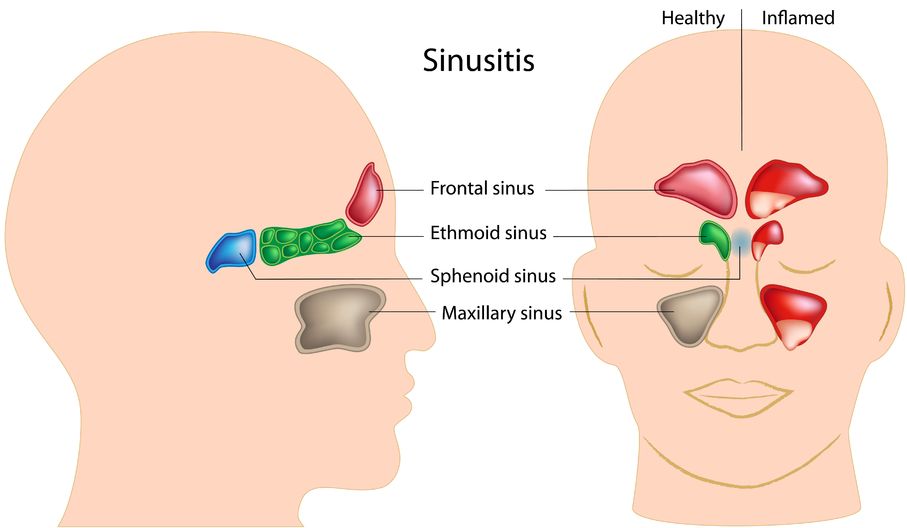Iron supplementation for reducing anaemia in menstruating women
Newsletter
Your subscription could not be saved. Please try again.
You've successfully subscirbed to Naturopathic Currents monthly newsletter!
Most Popular
- 20 Sep 19
- 03 Nov 16
- 06 Oct 14
- 17 Jun 13
- 17 Jun 13
- 17 Jun 13
- 01 Jul 13
- 17 Jun 13
- 17 Jun 13
- 17 Jun 13
- 01 Jul 13
- 17 Jun 13
- 17 Jun 13
- 17 Jun 13
- 01 Jul 13











